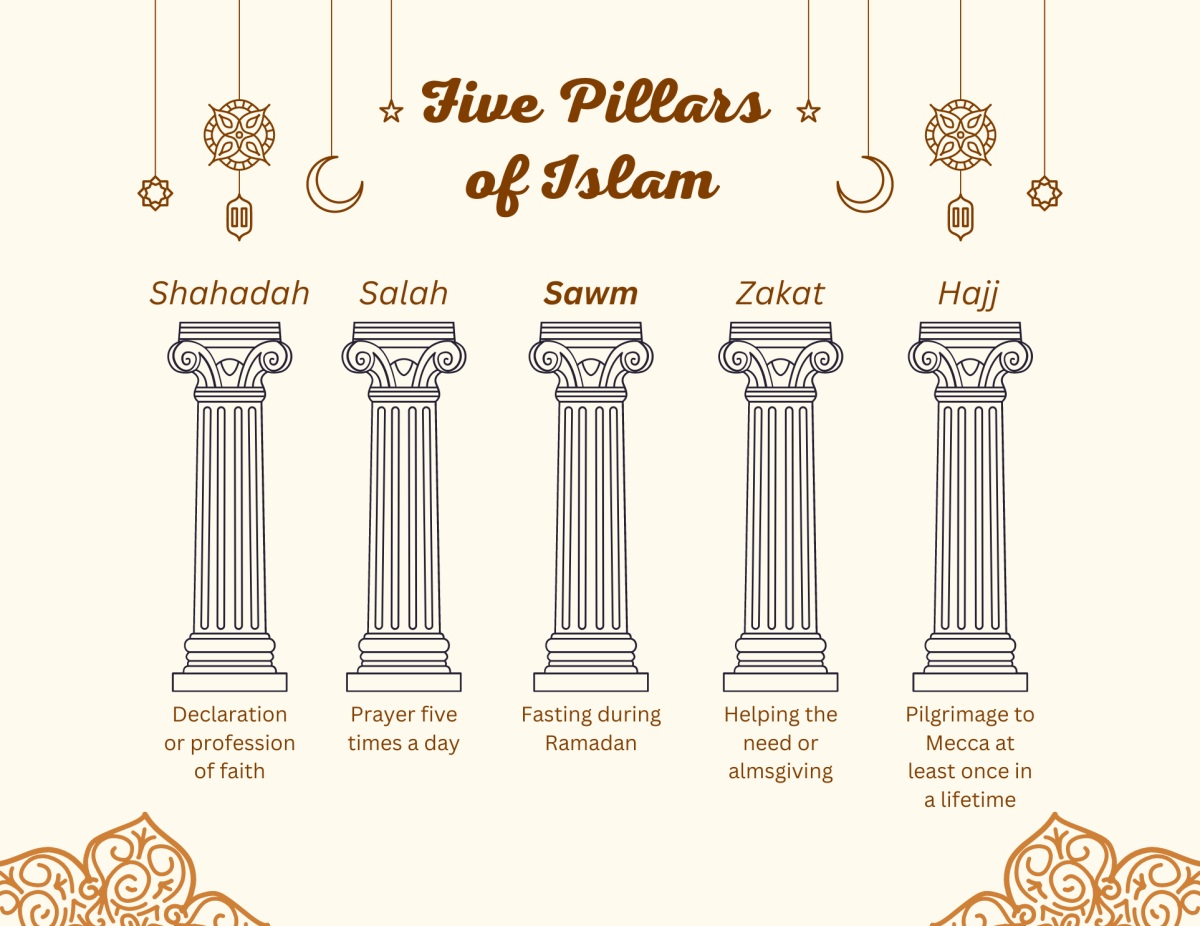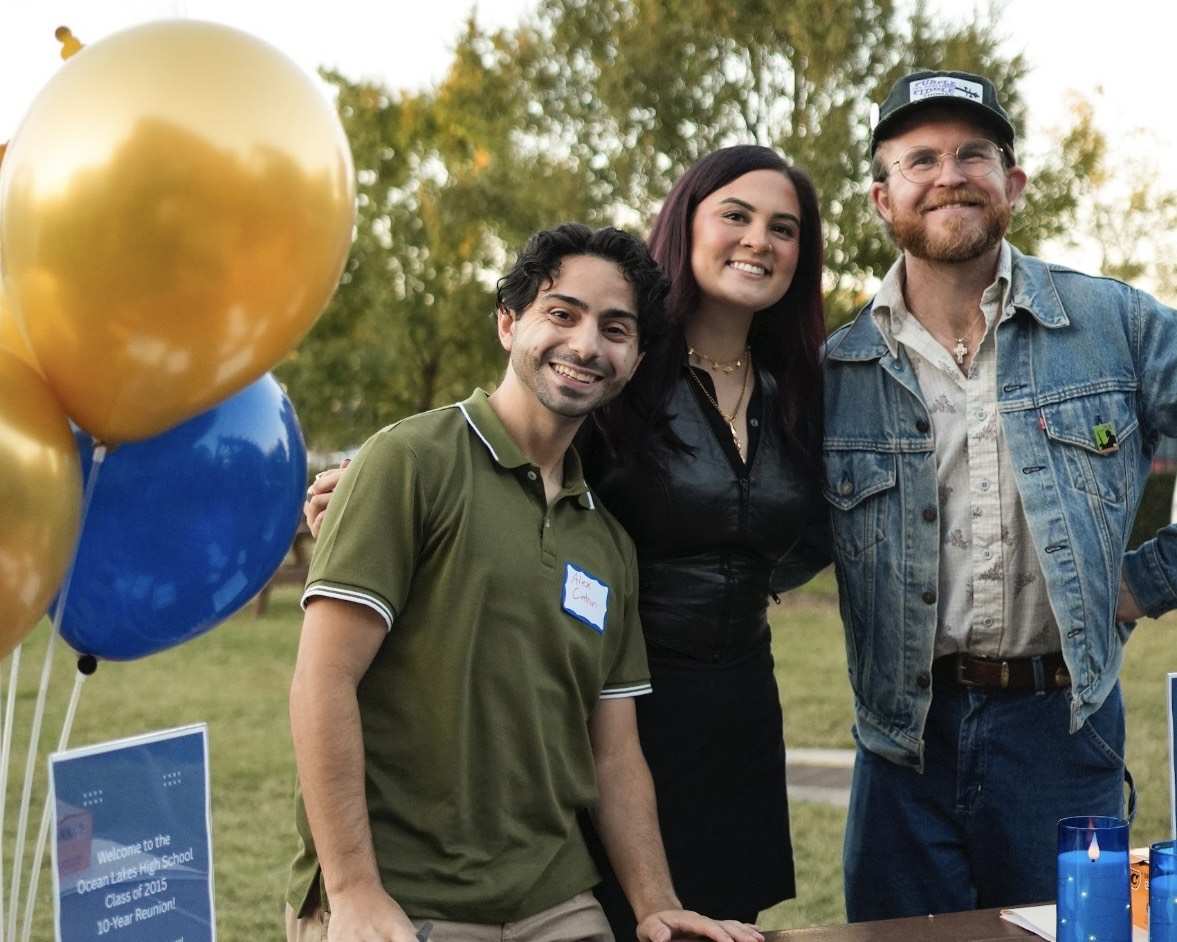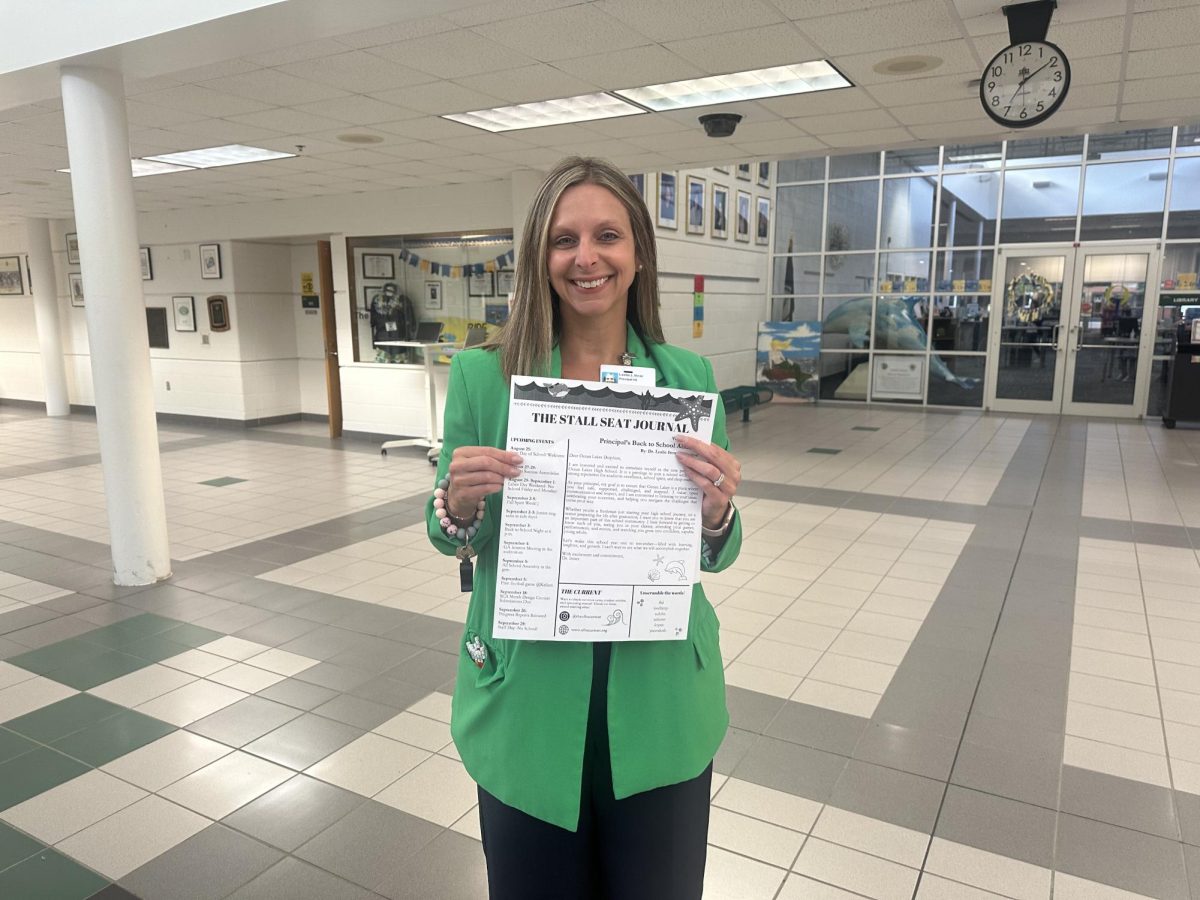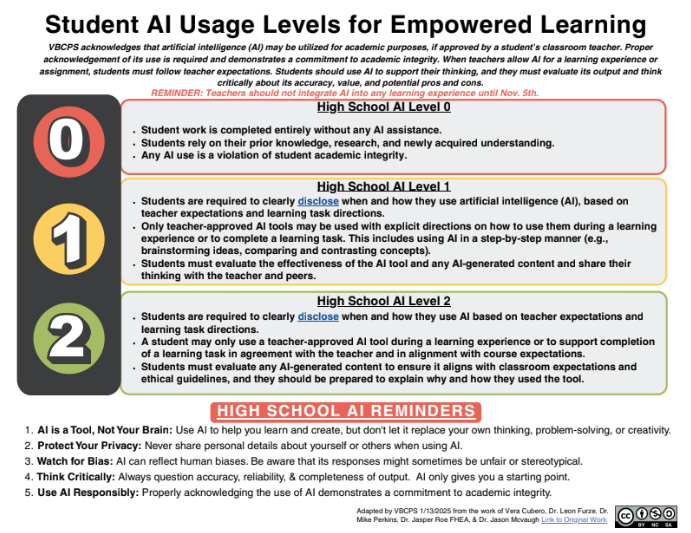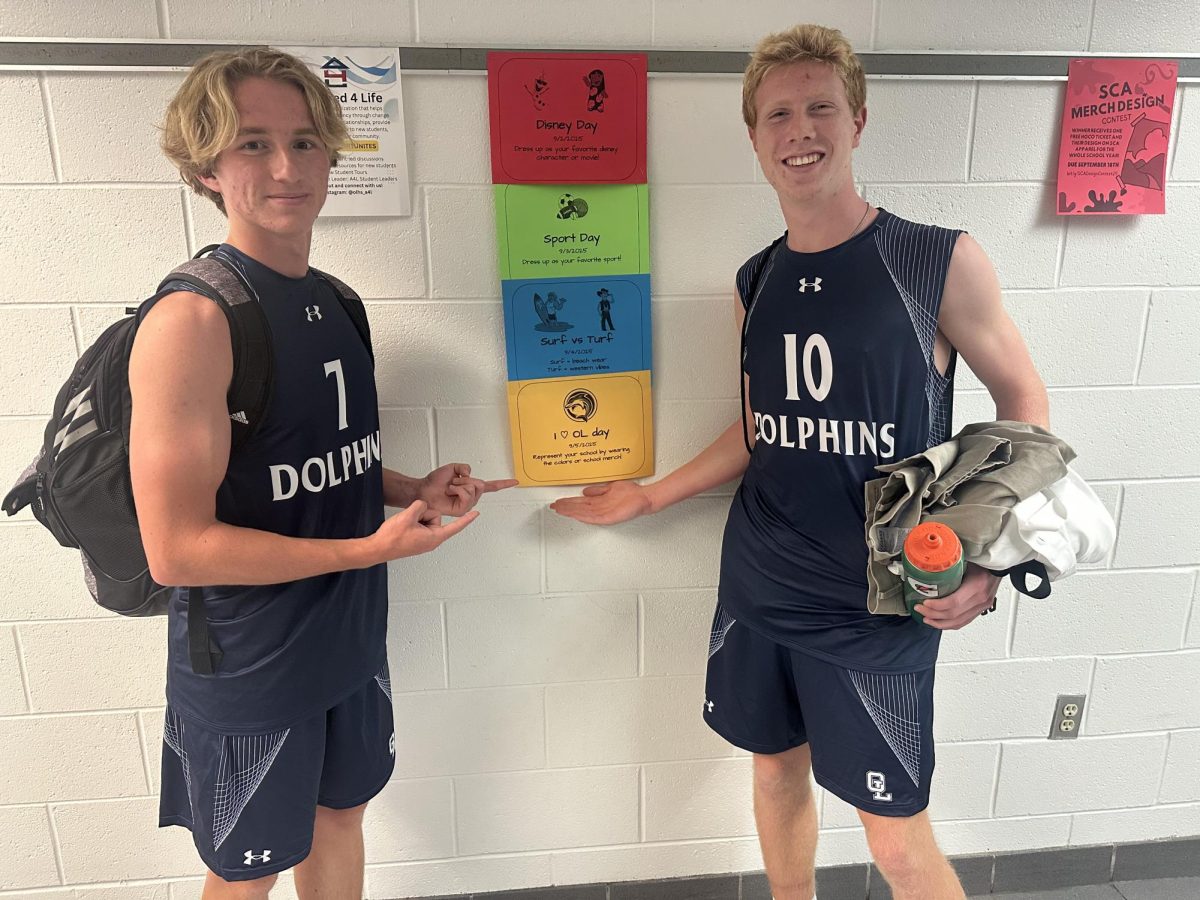Every year, Muslims fast to build a closer relationship with Allah, the god of Islam. This period is known as Ramadan, which takes place during the ninth month of the Muslim calendar year.
The origin of Ramadan was recognized on the Night of Power, when Allah revealed the Quran, the holy book of Islam, to the prophet Muhammad, according to Vox. The Quran contained the five pillars of Islam, one of which was fasting during Ramadan. Since Muhammad was known as the final prophet and messenger sent by Allah, Muslims strive to achieve divinity by following his life.
“To me, being a Muslim means strengthening my connection with Allah and having a positive influence on the world,” said junior Saif Hasan.
During the month of Ramadan, Muslims are prohibited from any consumption of food and water from sunrise to sunset and performing actions deemed sinful by the Quran, such as impure thoughts or sexual activity, according to Britannica. Only two meals are permitted: one before sunrise (sohour) and one after sunset (iftar). If the fast is broken, one must make up the day before the following Ramadan.
These traditions only apply to those who are “able-bodied,” therefore exceptions can be made for those who are weak, mentally ill, or require nutrition, according to Britannica. Helping the poor can be done in replacement of fasting.
“It gets tempting to break the fast, but putting Allah’s desires before mine means a whole lot more,” said freshman Saman Hasan.
There are other additional benefits of fasting aside from spiritual growth. Fasting reduces cholesterol in the blood, which also lowers health risks such as heart attacks and strokes, according to Cleveland Clinic Abu Dhabi. Appetites will curve, leading to detoxification and a boost in mental clarity and memory.
Other common actions done during this period include, but are not limited to, prayer five times a day, increased generosity and reading the Quran, according to Vox.
“Some may say that Ramadan is just a month of starving yourself, but for me, it’s more about respecting Allah and appreciating the privilege to eat,” said junior Ibrahim Ergul.

